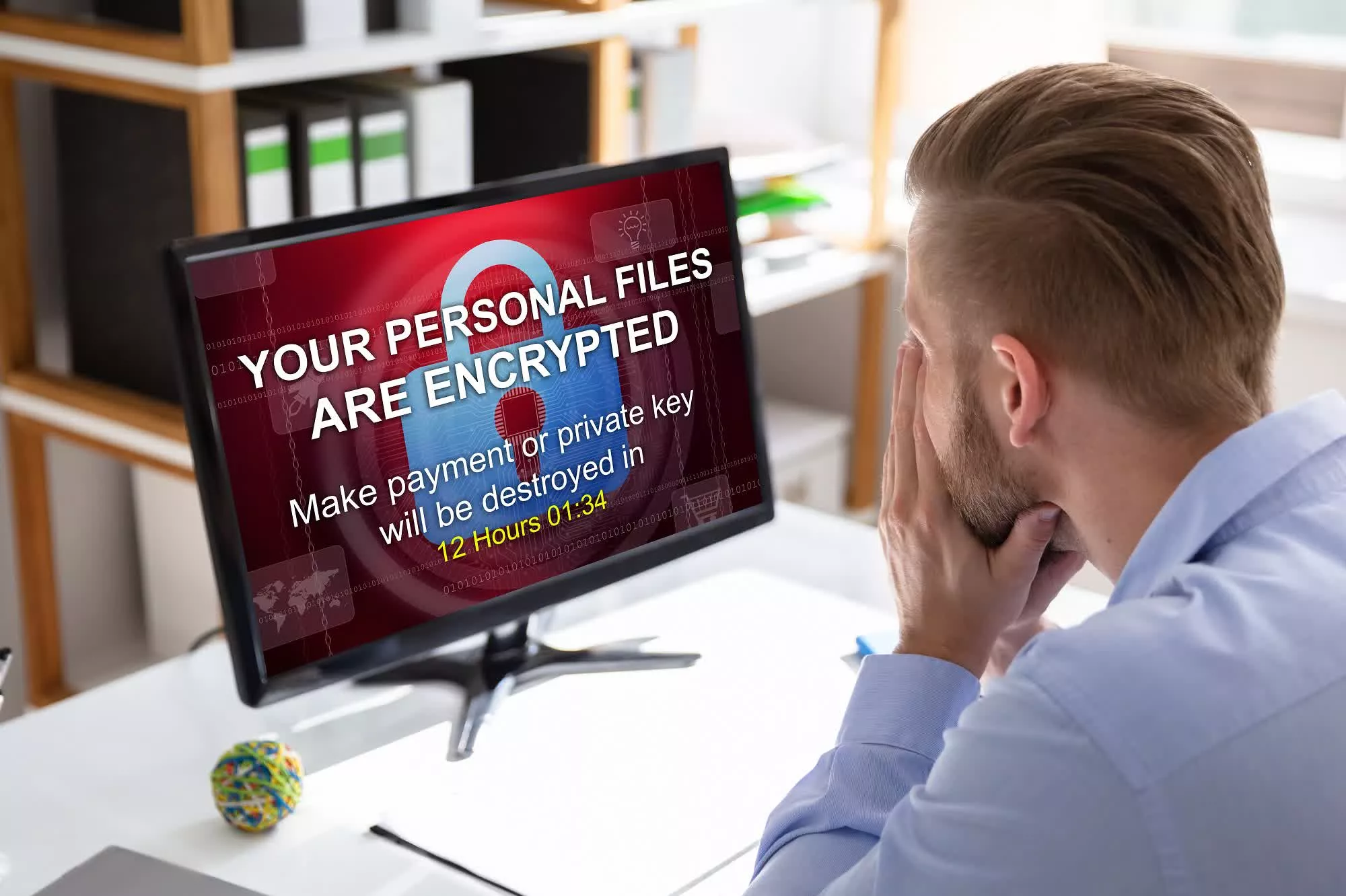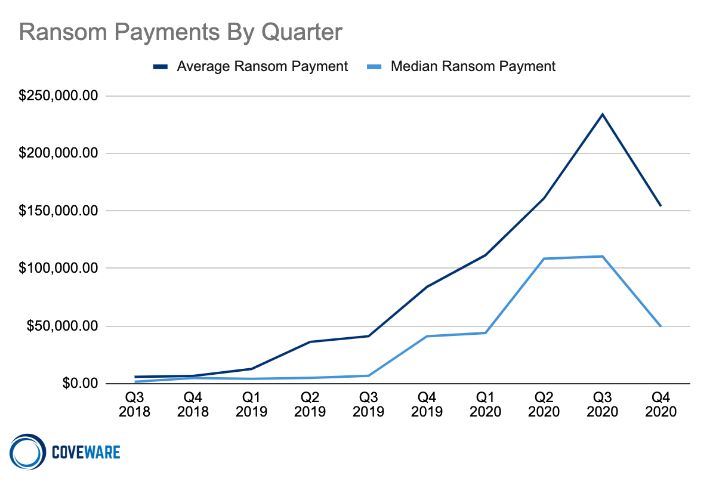Why it matters: Despite being warned against the practice, we’ve recently seen several large organizations hand over millions in crypto to ransomware gangs, but does that mean follow-up attacks are less likely to occur? Not according to a new report that reveals almost half of all victims are targeted again by the same hackers.

In a study by Censuswide (via ZDNet), it was discovered that around 80% of organizations who paid ransoms were hit by a second attack, 46% of which were believed to have originated from the same group. One company that paid millions of dollars following a ransomware incident was targeted in a second attack by the same hackers within two weeks of handing over the crypto.
Even when victims did pay to regain access to their encrypted files, there were often problems: 46% of those who paid found some of the data was corrupted; 51% regained access with no data loss; and 3% did not get their data back at all.
Average ransomware payments are falling as more victims refuse to pay
It’s not just the enormous crypto payments that affect these companies’ bottom lines. Reported ransomware attacks can negatively impact the public’s perception of a firm, with some people raising questions over their security practices. Fifty-three percent of survey participants said their brand was adversely affected following a ransomware disclosure, and 66% said they lost revenue due to an attack.
Ransomware attacks are forecast to cost $265 billion worldwide by 2031, according to Cybersecurity Ventures.
Check Point Research writes that ransomware attacks have increased almost 100% in the last year. We’ve seen some huge payouts recently, including JBS, the world’s biggest meat processor, handing over $11 million; the Colonial Pipeline attack that earned those behind it $4.4 million, though $2.3 million was recovered; an indirect attack on Apple; the CD Projekt Red incident; and a hit on Acer.
Masthead credit: Andrey_Popov
https://www.techspot.com/news/90079-almost-half-all-ransomware-victims-hit-again-same.html
